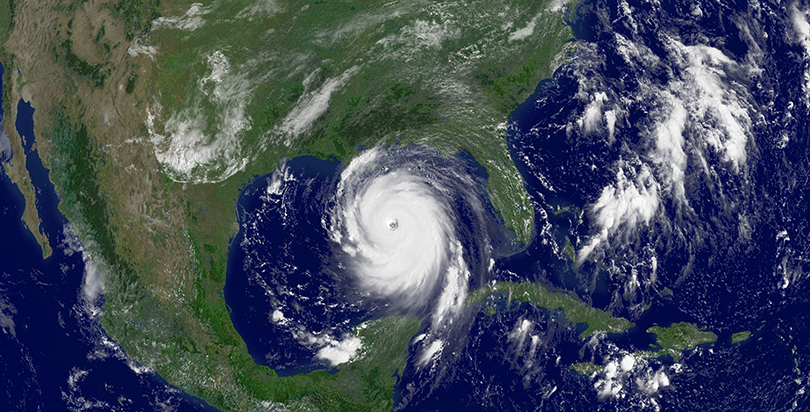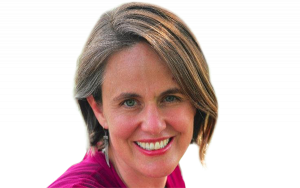As a mother and an educator, I am concerned that we are not preparing our children for the volatility of climate change. At professional development workshops and education conferences, we tend to focus on a future that includes omnipresent technology and vast quantities of information to process. Rarely do we reference climate change and the fundamental shift that will happen, and is already happening, in our natural world. We do not discuss how the attributes needed for success may shift because of climate change, and indeed how we may need to redefine the concept of success.
(Related coverage: 74 Investigates the eroding school districts inside California’s drought)
In a recent profile in The Atlantic, President Obama shared his concerns about the escalating effects of climate change: “As I survey the next 20 years, climate change worries me profoundly because of the effects that it has on all the other problems that we face… If you start seeing more severe drought; more significant famine; more displacement from the Indian subcontinent and coastal regions in Africa and Asia; the continuing problems of scarcity, refugees, poverty, disease—this makes every other problem we’ve got worse.”
What skills does the next generation need to slow climate change and to manage climate-related calamities? Instead of preparing students to compete in the global marketplace, perhaps we should be preparing them to transform the global community to face the inevitable times of crisis ahead.
When I think of my daughter grown up and facing scenarios of ecological disaster, I hone in on four key attributes that I want her to have: connection, compassion, creativity, and courage.
-We need people who are aware of their connection to all living creatures and to the Earth itself. We need people who can develop relationships with those alike and different from themselves, so they can build consensus across divisions.
-We need people who practice compassion, who see the needs and empathize with the struggles of others; people who use their hearts, as well as their minds, to problem-solve. We need people who will not resort to force the moment they encounter resistance.
-We need people with creativity, who can take a barren field, perhaps one laced with toxic waste, and turn it into a life-giving space. We need people who can link apparently unrelated concepts to uncover new possibilities, people who find creative potential in chaos.
-We need people who exhibit great courage, who can trust their hearts and minds to guide them.
If we change our goals for our children, to respond to our changing planet, then we alter the lens through which we view education. Through this new lens, education becomes a global endeavor in self-awareness, an exploration of what humanity’s role should be on a changing planet. Once we make this shift, we might discover a renewed interest in experiential learning, outdoor education, and conflict resolution and community building. Movement in these directions has already begun.
Some schools are experimenting with increased outdoor time, connecting students to nature on a daily basis. At Chattahoochee Hills Charter School in Georgia, for example, students spend about a third of their school day outdoors, as explored in a recent article by Richard Louv. Other schools are looking for ways to extend the classroom into the community. A seaside school district in Washington has embarked on a place-based initiative to partner with community organizations that engage students with the maritime life of the community starting in elementary school. We already have many of the tools we might use to foster caring and responsible citizens of the future. The challenge is to focus on that goal.
In Between the World and Me, Ta-Nehisi Coates writes about climate change: “Something more fierce than Marcus Garvey is riding on the whirlwind. Something more awful than all our African ancestors is rising with the seas.” He makes powerful connections between the history of mistreating whole groups of people and the history of mistreating the earth. It is time now to guide our children down a different path. May they learn to lift up their fellow beings with compassion, to carve out new sustainable livelihoods with creativity, and to face the whirlwind with courage.
We might start with community conversations around such central questions as: What kind of people do we want as our neighbors, and the leaders of our communities, when the ground is literally trembling beneath our feet and when food and water become scarce? How do we nurture those kinds of people?
Let us acknowledge that we live in a time of great planetary change and have the courage to embrace new educational priorities.

Get stories like these delivered straight to your inbox. Sign up for The 74 Newsletter


;)
